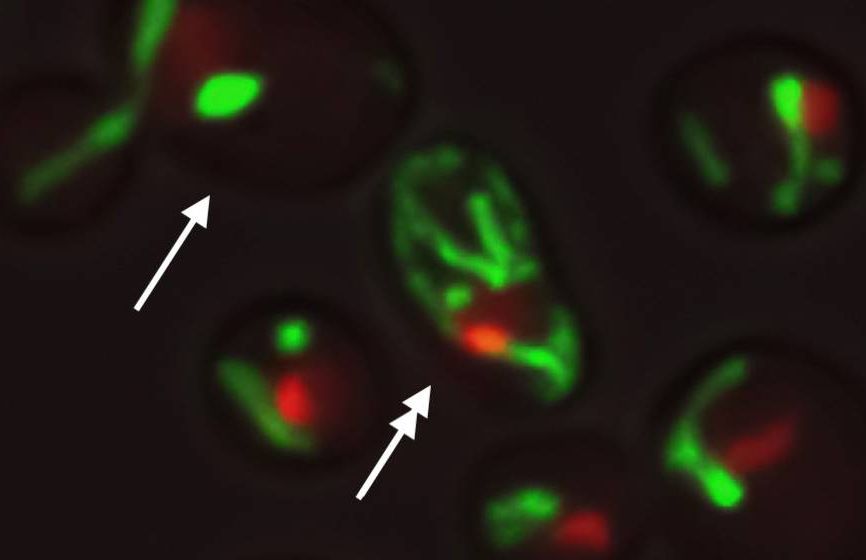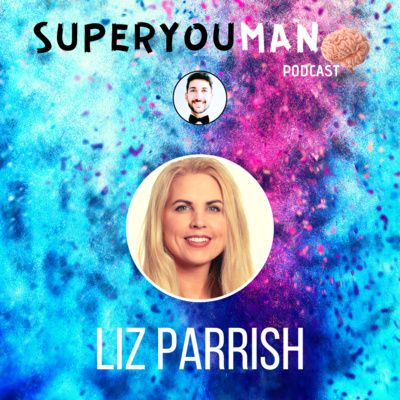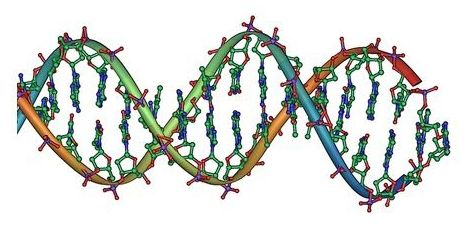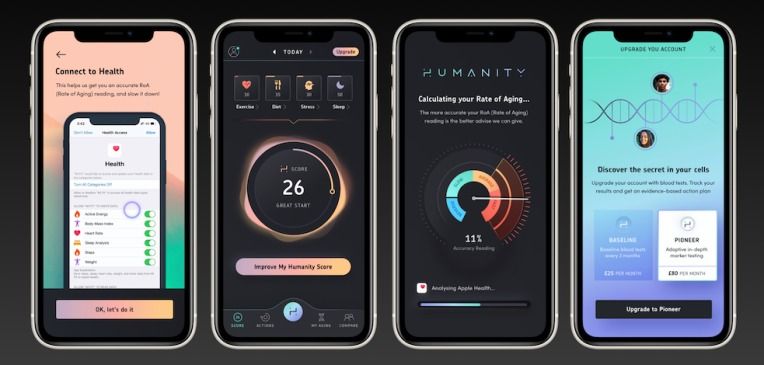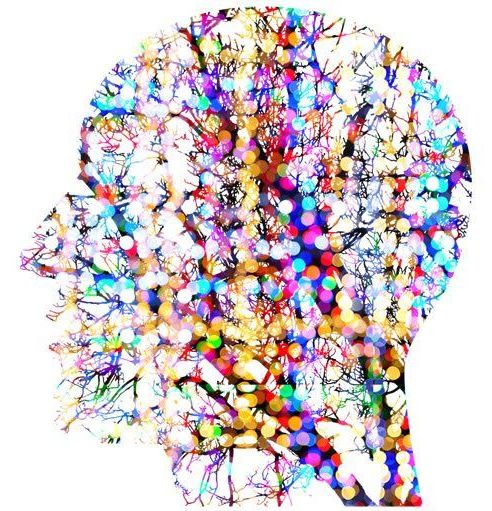We are witnessing the birth of a new faith. It is not a theistic religion. Indeed, unlike Christianity, Judaism, and Islam, it replaces a personal relationship with a transcendent God in the context of a body of believers with a fervent and radically individualistic embrace of naked materialistic personal recreation.
Moreover, in contrast to the orthodox Christian, Judaic, and Islamic certainty that human beings are made up of both material body and immaterial soul – and that both matter – adherents of the new faith understand that we have a body, but what really counts is mind, which is ultimately reducible to mere chemical and electrical exchanges. Indeed, contrary to Christianity’s view of an existing Heaven or, say, Buddhism’s conception of the world as illusion, the new faith insists that the physical is all that has been, is, or ever will be.
Such thinking leads to nihilism. That’s where the new religion leaves past materialistic philosophies behind, by offering adherents hope. Where traditional theism promises personal salvation, the new faith offers the prospect of rescue via radical life-extension attained by technological applications – a postmodern twist, if you will, on faith’s promise of eternal life. This new religion is known as “transhumanism,” and it is all the rage among the Silicon Valley nouveau riche, university philosophers, and among bioethicists and futurists seeking the comforts and benefits of faith without the concomitant responsibilities of following dogma, asking for forgiveness, or atoning for sin – a foreign concept to transhumanists. Truly, transhumanism is a religion for our postmodern times.



